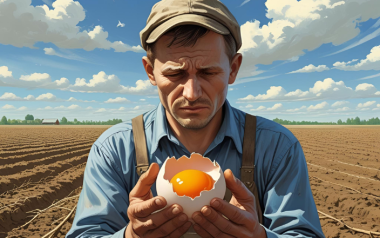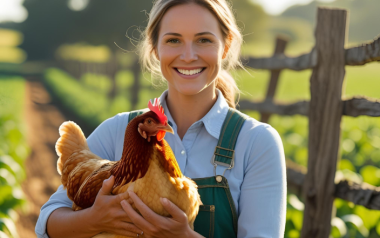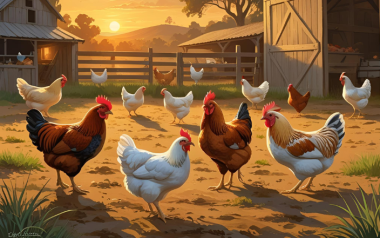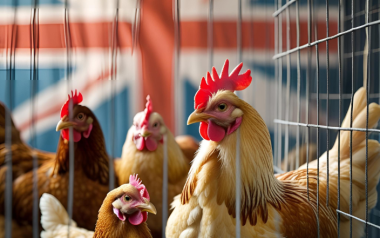Sources: Available upon request
05 Apr 2024
Scotland proposes to ban cages for laying hens for the first time in the U.K.
Scotland is taking a significant step toward improving the welfare of laying hens by proposing the UK’s first ban on caging these birds. The Scottish government has announced a new consultation aimed at outlawing the use of cages for hens involved in egg production. If implemented, this move would position Scotland as a leader in animal welfare.
Scotland is taking a significant step toward improving the welfare of laying hens by proposing the UK’s first ban on caging these birds. The Scottish government has announced a new consultation aimed at outlawing the use of cages for hens involved in egg production. If implemented, this move would position Scotland as a leader in animal welfare.
The current situation
While the use of battery cages for birds was banned in the UK back in 2012, there are still over 1.1 million chickens in Scotland kept in what are known as “enriched cages.” These cages provide more space for nesting, roosting, and scratching compared to the smaller battery cages. However, the Scottish government recognizes that further improvements are necessary to ensure the well-being of these animals.
The proposed measures
The Scottish government’s preferred approach involves a phased ban:
- Ban on New Cages (2033): The proposal aims to prohibit the installation of new cages from 2033. This step would prevent the expansion of caged systems and encourage alternative housing methods.
- Complete Ban on Enriched Cages (2034): Following the ban on new cages, Scotland plans to completely phase out the use of enriched cages by 2034. This timeline strikes a balance between improving bird welfare and ensuring the sustainability of the laying hen sector.
Public support and international context
A survey conducted in 2020 revealed that nearly nine out of ten people in the UK considered using cages in farming to be cruel. Additionally, more than three-quarters of respondents supported a complete ban on cage use. Scotland’s proposed measures align with public sentiment and demonstrate a commitment to ethical practices.
Internationally, the European Union has also taken steps to address this issue. Legislation has been proposed to prohibit the use of cages for all farmed livestock. Luxembourg and Austria have already banned cages, while other countries are phasing them out. Scotland’s proactive stance adds momentum to this global movement.
Beyond laying hens
Scotland’s commitment to animal welfare extends beyond laying hens. The government plans to explore the use of cages in other sectors, including gamebirds, quail eggs, and meat production. By seeking evidence and engaging in informed discussions, Scotland aims to drive positive change across the entire industry.
Conclusion
A ban on caging laying hens would mark a significant milestone for Scotland. By prioritizing animal welfare and leading the way in the UK, Scotland sets an example for others to follow. As the world increasingly recognizes the importance of treating animals ethically, this proposed ban reflects a collective effort to create a more compassionate and sustainable future for all living beings.








































